Famous Filmmaker Miao Yue: Poetic Nostalgia Is Most Touching
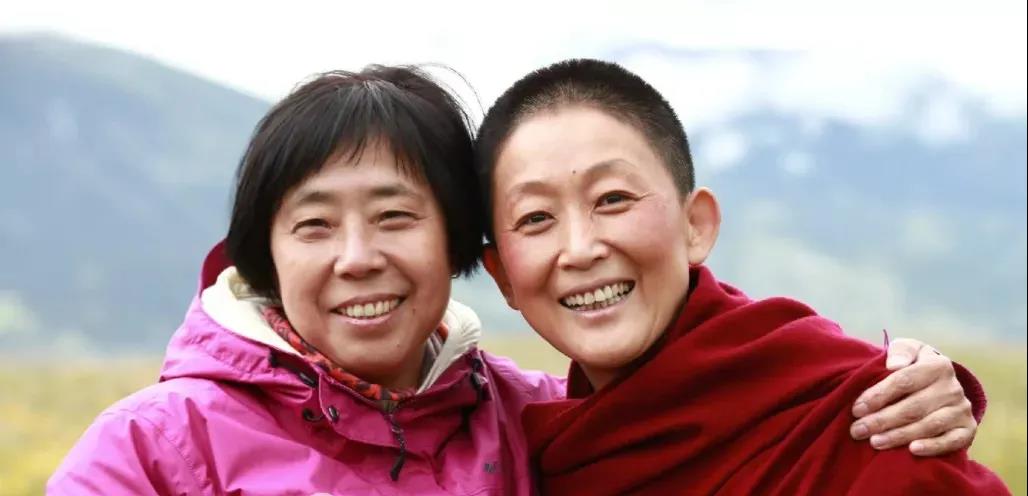
First on Left: Director Miao Yue
She is a director who doesn't like worldly and bizarre stories, and she refuses to tell the illusory life away from the people. She cares about the land, the life and the nature as well as all the unpretentious issues bearing the spirit of the entire nation.
She is the Famous Filmmaker of BJIFF – Beijing Film Panorama this year: Miao Yue. Let’s follow her and her works to walk into the rural customs full of poetic charms with Chinese characteristics.
In Miao Yue's mind there must be poet since everything under her lens is glowing with a different charm of poetry which originates not only from the subjects to be shot but also from her profound literary accomplishment. Miao Yue’s film journey begins with literature with a profound literary background, so her films never need exciting scenes nor the exciting plot… In a smooth and natural manner, she tells the natural scenery with Chinese characteristics and the feelings of the local people inseparable in ordinary Chinese lives, just like playing a melodious beautiful melody, touching the heartstrings of the audience.
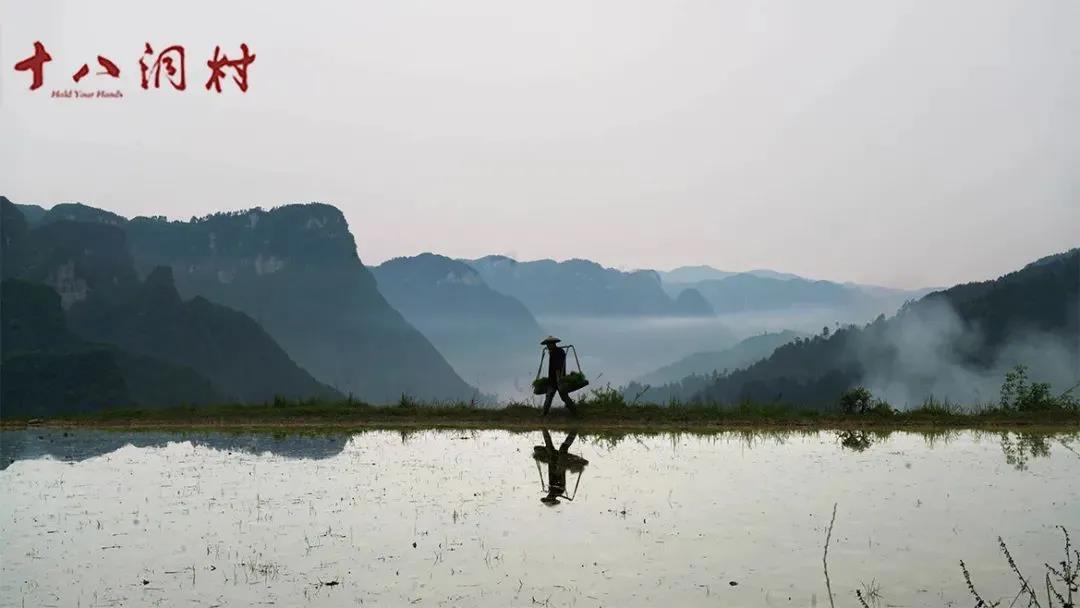
Stills of Hold Your Hands
It can’t be more appropriate to describe the inner world of Chinese rural residents with such poetic words. Director Miao Yue once elaborated on the characters in her work as follows:
“The films I directed are all related to the farmland and the countryside. The protagonists once left the countryside to study outside and returned to their hometown after serving as a soldier. They have natural affections and multi-dimensional understanding of the farmland."
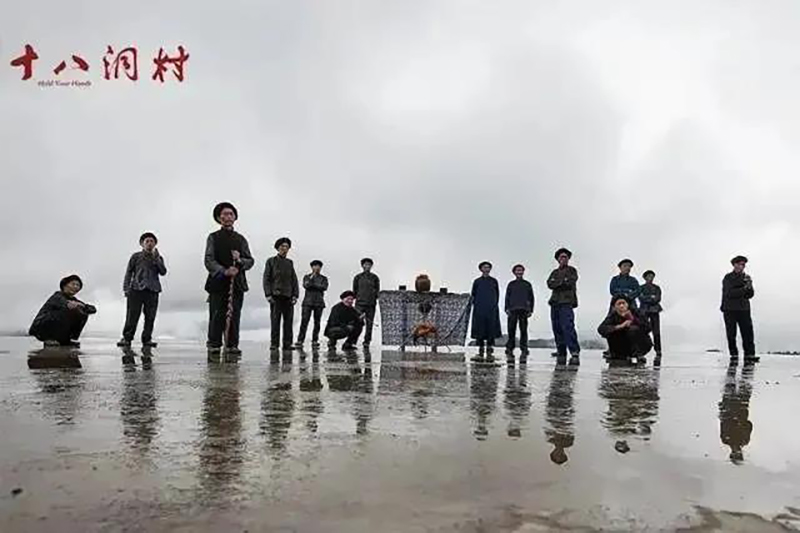
Stills of Hold Your Hands
The film Hold Your Hands written and directed by Miao Yue won the 17th China Ornamental Column Awards and she also won the Best Screenplay Award. In this film, Miao Yue displays a quiet village and a group of people who stick to the farmland silently. The relationship between the farmer and the land endows her story a natural sense of heaviness, and the resulting interpersonal emotions are more worth apperceived by the audience.
Director Miao Yue joins the audience to appreciate, taste and reflect on the historical and real life in which various expectations for the future are contained.
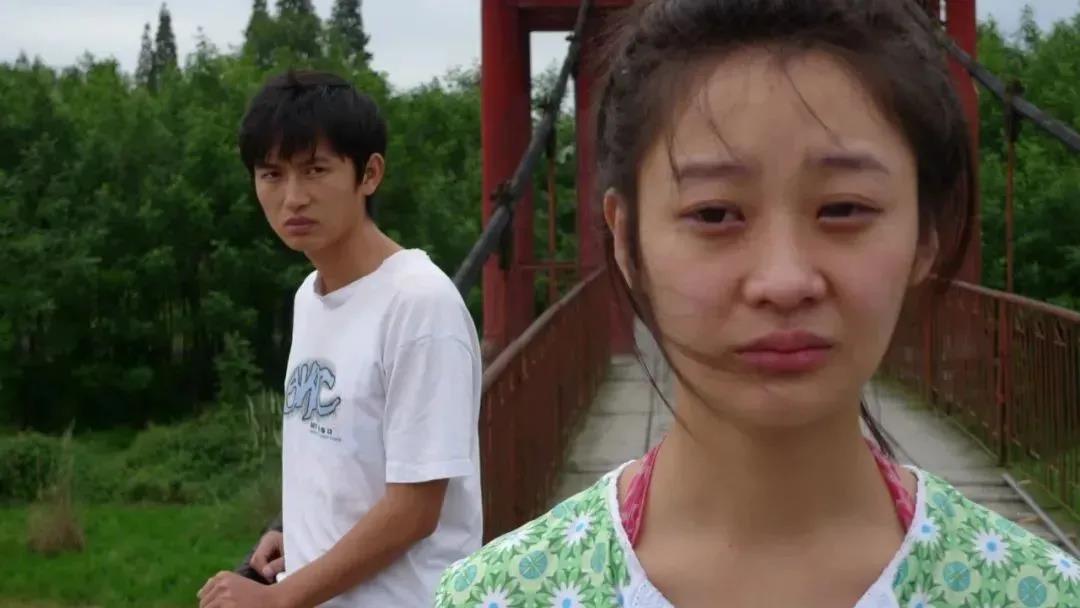
Stills of At that Summer
The film At that Summer directed by Miao Yue in 2009 got a high score of 8.3 at Douban. This love film bears the regional label of Sichuan, but it is not as spicy as the inherent impression on Sichuan cuisines. It is light with significance, subtle with distance, so intriguing and unforgettable.

Stills of Harvest Time
Harvest Time is also a rural film with Sichuan as the regional background. Director Miao Yue makes use of the portraits of hard-working, diligent and unpretentious Chinese farmers—who are determined to forge ahead toward the goal of poverty alleviation—to fully demonstrate the determination and achievements of the poverty alleviation cause in China.
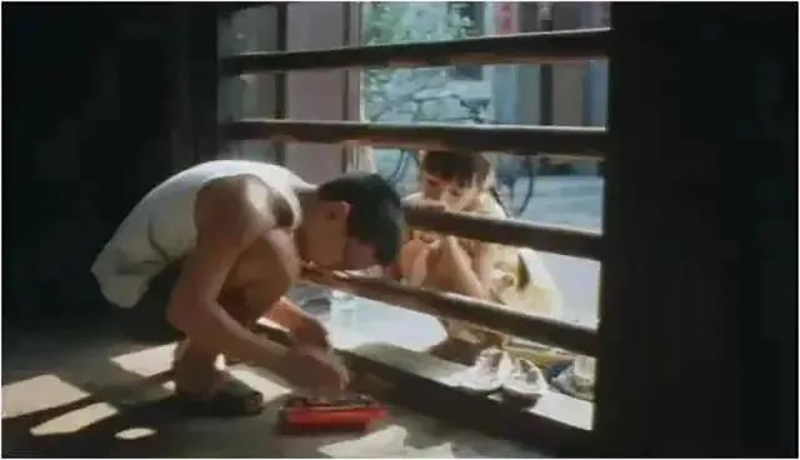
Stills of The True Hearted
Another film The True Hearted written by Miao Yue, adapted and directed by Sun Zhou has also been highly recommended by the audience. This film tells a story about the traditional Chinese culture—Peking Opera. The film connects the delicate emotions through two characters, the grandfather and the grandson to demonstrate the authentic urban style and era background. A certain tradition has never been shouted to return with arm raised in this film, but the faint sorrow on the disappearance of traditional culture can still be found in many details. Such a spirit of reflection is more meaningful to contemporary China insisting on cultural self-confidence and inheritance of traditional culture.
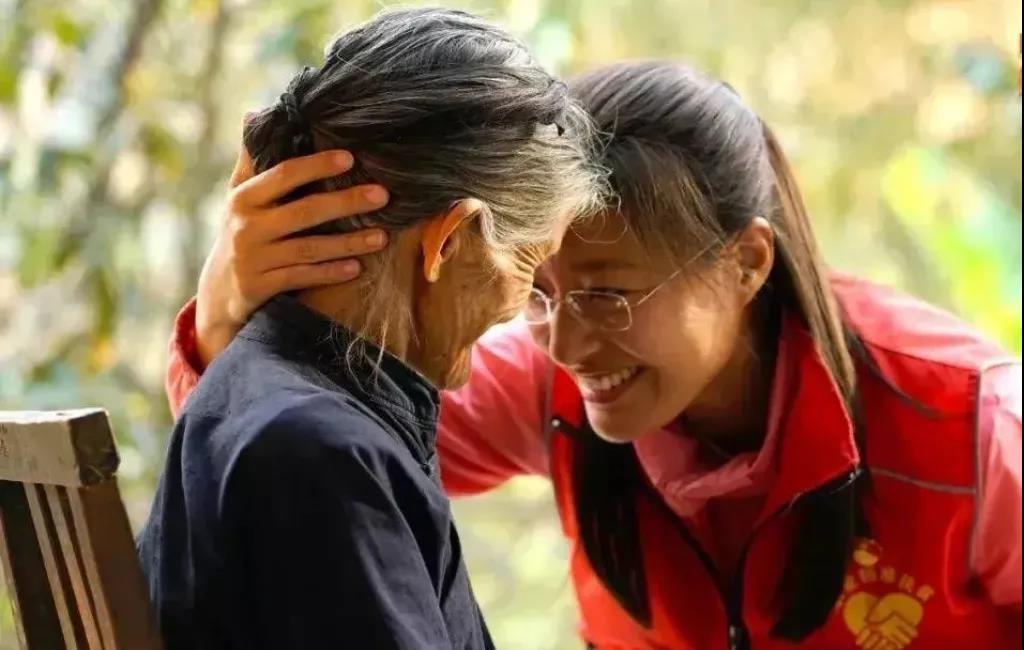
Stills of Huang Wenxiu
It is worth mentioning that director Miao Yue’s latest work Huang Wenxiu will also be screened in the “Special Exhibition: Celebrating the 100th Anniversary of the Founding of the Communist Party of China" section.
Following the pen tip and lens of director Miao Yue, let’s taste the praiseworthy, poetic and delicate emotions, as well as the unique spiritual features with the characteristics of Chinese people and society.

